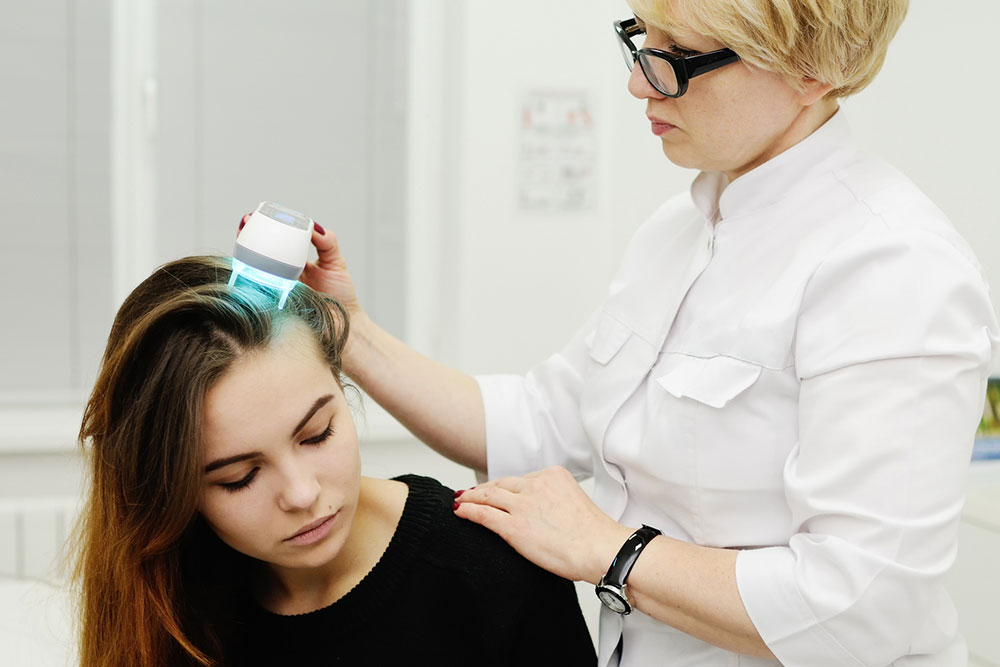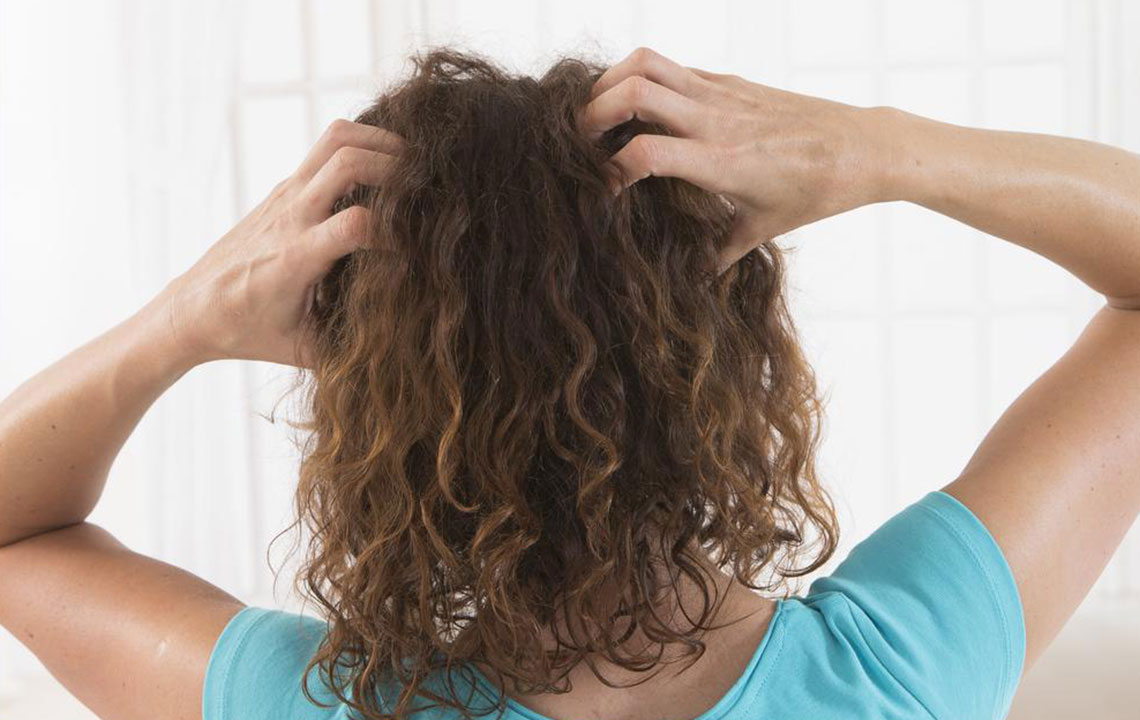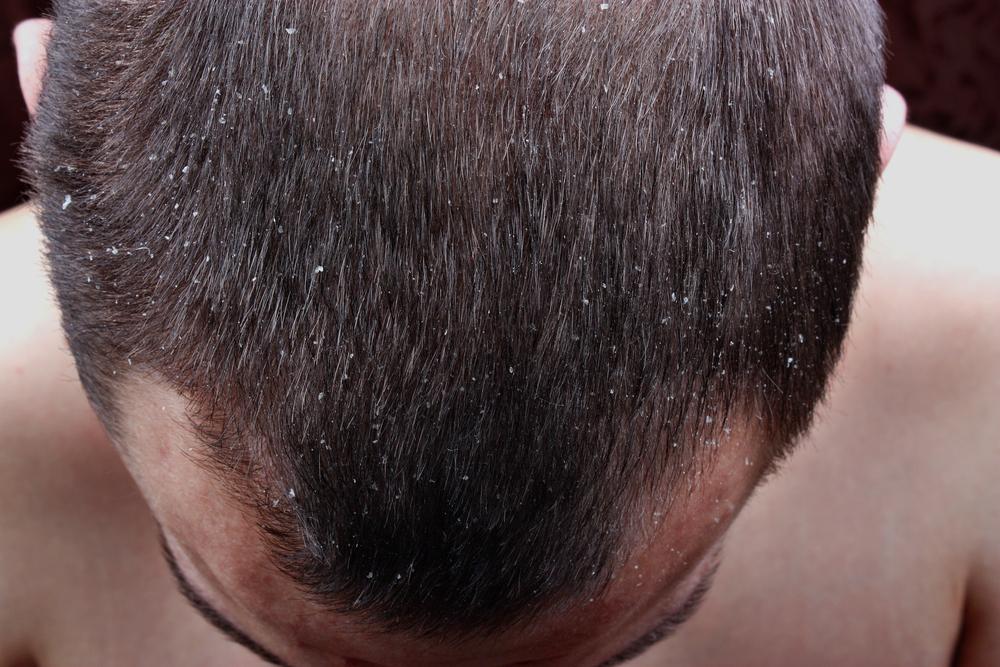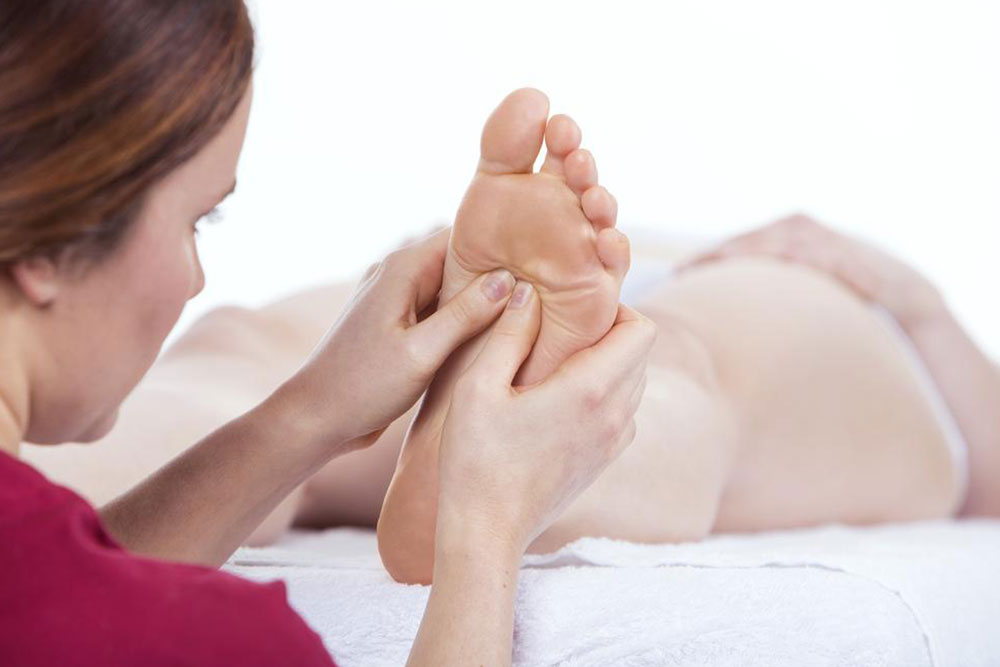Effective Shampoos for Managing Scalp Psoriasis Symptoms
Discover effective shampoos for managing scalp psoriasis, including active ingredients, usage tips, and precautions. Learn how salicylic acid and coal tar-based shampoos can alleviate symptoms, with guidance on proper application and safety measures for optimal scalp health.
Sponsored

Scalp psoriasis is an autoimmune condition causing red, scaly, and itchy patches on the scalp, which may spread to the forehead, neck, and behind the ears. While initially presenting as a single patch, it can develop into widespread discomfort. Advances in dermatology have led to specialized shampoos that help alleviate symptoms safely and effectively, providing relief from embarrassment and discomfort.
Choosing the Right Shampoo for Scalp Psoriasis
Not all shampoos are alike. Their active ingredients vary, targeting symptoms like inflammation and scaling. FDA-approved ingredients such as salicylic acid and coal tar are common in over-the-counter and prescription shampoos. Salicylic acid helps soften scales for easy removal, though it may cause temporary increased flaking. Coal tar reduces itching and slows skin cell growth but may have a distinct smell and cause brief irritation. Popular options include Dermasolve, Walgreens T+ Salicylic Acid, and Dead Sea Spa MAGIK. For coal tar formulations, options like Neutrogena T-Gel and Psoriatrax are recommended.
Usage Guidelines
Apply scalp psoriasis shampoo gently, leaving it for 5-10 minutes before rinsing. Reapplication may be needed. Sensitive scalps should be treated with caution, limiting use to twice weekly. Post-use, a regular shampoo should be used for hair cleansing. Pregnant or nursing women, or those on other treatments, should consult healthcare providers before use. Alternating shampoos over time is advised to prevent reduced effectiveness.
Important Precautions
While scalp psoriasis shampoos effectively reduce itching and soreness, they may cause hair dryness or roughness. Incorporating natural oils like olive or vitamin E oil can help maintain hair health during treatment. Consulting a healthcare professional ensures safe and appropriate use, especially for those with scalp cuts or other medications.






